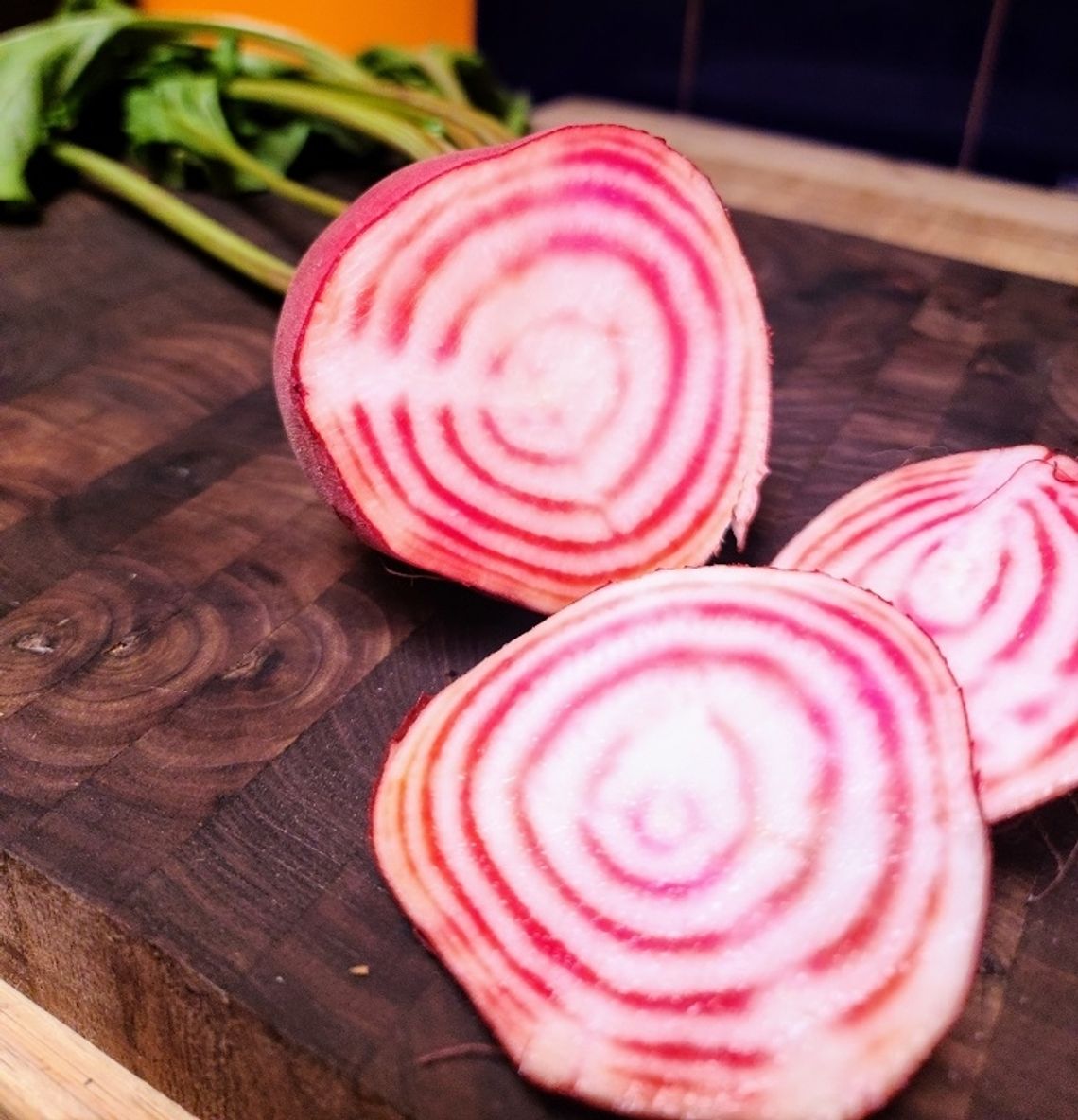Our garden is in full production, I am happy to report, and I hope yours is as well. We just delivered our first rounds of hot peppers to the Fallon Food Hub for their CSA baskets. I am roasting sheets of tomatoes by the day and Kevin thankfully isn’t complaining yet about morning, garden harvest protein smoothies. It usually includes a large handful of kale, some zucchini, and purslane. So he doesn’t call a divorce lawyer, I have been adding Asian pears, peaches, and melons as well. Despite the bounty, I have been joking recently that after this hot, smoky summer, if it froze tomorrow my response would probably be, a mild “oh well, bummer.” If you are a glutton for punishment (kidding) and want some more time in the garden. Fall planting is for you. It might seem like the garden season is winding down but there are plenty of vegetables you can plant now. With a little effort, you will be harvesting up rows of cool-season crops in your hoodie, pumpkin spice latte in your hand ( I am absolutely one of those pumpkin everything kinda gals).
Some crops tolerate a light frost and some actually are more flavorful with a light freeze. Kale is one example. You actually want to harvest horseradish and Jerusalem artichokes after a hard freeze. You can think of a light freeze as just a few degrees around 32. Usually, this occurs in the early morning hours. A hard freeze happens at or below 28 degrees. A killing freeze is generally below 24 degrees for a more extended period of time. Soil surface temperature and microclimates are, of course, a big factor in the equation. Remember, you can always cover your plants with a row cover if you are concerned about nighttime temperatures. You can find row covers/garden fabric/season extenders at most of our local nurseries; they are easy to use and can help protect your plants down to about 28 degrees.
As you are planning your fall garden, one of the first things you want to consider is our average first frost date. In my nursery days, I always mentioned September 15. Several years ago, our growing zone was changed to a warmer 7A from 5B and now, according to the Farmer’s Almanac, our first freeze is expected around Sept 27th. I even found several sites listing October 15. The key here is to pay attention to the days to maturation. Sometimes the date is listed on a grower’s website or on the back of your seed package. Cooler temps and shorter days require adding a few additional days to the maturity date. Johnny’s Selected Seeds, a favorite among us row crop farmers, lists their ‘Subeto’ beet, for example, as 50 days to maturation. Now is the time to get those seeds in the ground. Of course, you can eat them when they are small; baby veggies are often considered gourmet for the epicurean foodies. Don’t forget to eat the leafy greens.
You can also include peas, carrots, radishes, and cilantro. Lettuce, mustard, and spinach as well as other greens like arugula grow great in cooler weather. We grew ‘Wasabi arugula’ this year as an experiment. If you like spicy greens, I can recommend Diplotaxis erucoides with five stars. It is a different genus than the standard Eruca species but grows just as well. You might also try other cruciferous vegetables in your fall garden, like bok choi, broccoli, cabbage, and turnips. Latin trivia: Cruciferous or “cross-bearing” vegetables usually have flowers that have four petals that resemble a cross.
As daytime temperatures drop, the soil surface as I mentioned before stays warmer for longer than you might think. It is a perfect, less stressful (for you and the plant) time to fill in holes in your landscape if you are not a vegetable sort of grower. Many nurseries will soon be setting out ornamental kale, pansies, and violets, and, of course, chrysanthemums to add some color to your yard. I also can highly recommend fall-blooming asters, goldenrod, and sedums like ‘Autumn joy.’ Bees will appreciate all three as they collect for the hive prior to wintering.








Comment
Comments